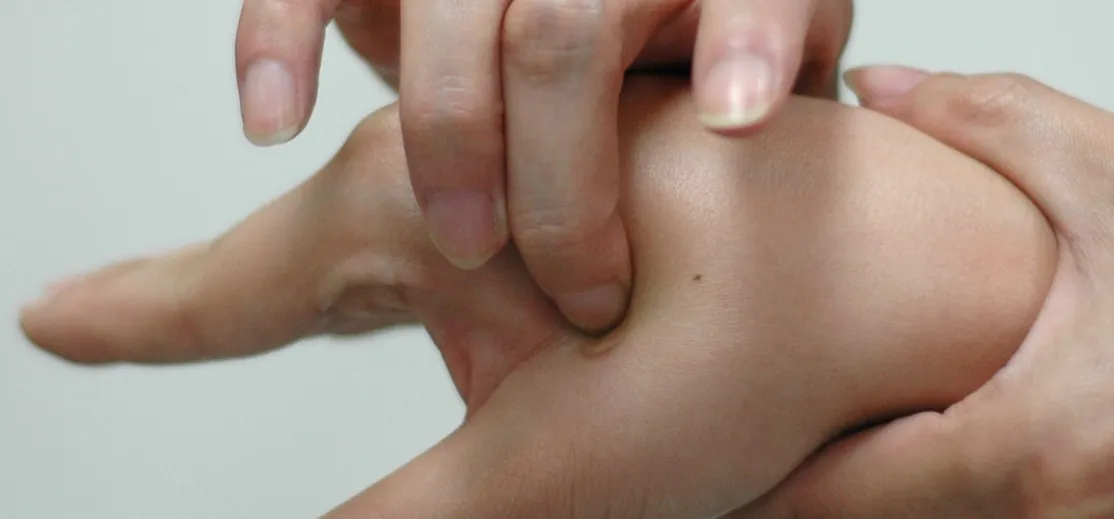Staying healthy is a progressive challenge we all face throughout our lives, and figuring out just how to do that can be a challenge when it's not your job. For doctors, however, it is. Here's how they keep themselves healthy day to day.
While it won't surprise you to learn that diet, exercise, and general hygiene play a large role, it's how you approach each issue that will determine your success. Doctors have the advantage of understanding why and how certain health choices affect how you feel every day and the condition of your body in the long term. They think about these problems every day.
While you have other things to worry about, it helps to start thinking about how the decisions you make can improve or detract from your health. Let's take a look at the main ways doctors keep healthy and how you can do the same.
Follow a Diet & Exercise Plan You Can Do for Life
Many people choose to diet for a temporary period, hoping to lose weight and look their best. While some diets may shed pounds quickly, if you can't stick to them indefinitely, they will ultimately fail you. The same goes for exercise.
Doctors know that you need to choose something you enjoy and can stick to, otherwise you won't form a good habit and make your health a priority. I talked to Dr. Spencer Nadolsky about his diet and exercise routine, which he takes very seriously. Despite time challenges, he found ways to fit in a workout on most days:
"I exercise pretty much daily whether it is only 30 minutes or even two hours. During residency (post medical school training) I knew I wouldn't have much time to workout so I built a gym in my garage. That way, I have no excuse not to exercise. I can roll out of bed, drink coffee and get lifting (or biking/rowing)."
As for nutrition, his healthy choices are pretty straightforward:
"I wrestled at UNC-Chapel Hill as their starting heavy weight for three years. Nutrition was very important for performance. I now use my nutrition knowledge for improving health in my patients as well as keeping myself healthy. My wife, who is also a physician, and I cook pretty much every night. Once a week we do have a date night where we go out to eat, but we still choose healthier options on the menu. Our menu is generally a lean protein, some vegetables, and likely some dark chocolate for dessert. This is a similar template I teach my patients to rid their chronic diseases or prevent them."
When finding a diet and exercise plan you like, it helps to experiment. Don't think of it as work, but rather an opportunity to try new experiences. Make a list of recipes you want to try and cook a new one each evening. Be sure to find a few that are simple to cook so you can make them quickly when you're short on time.
As for exercise, make a list of physical activities you might enjoy. You can easily fit in 30 minutes by playing a sport, and that can range from anything from tennis to dodgeball. Just keep your mind open and be creative. Alternatively, running and biking are some of the easiest options that many people enjoy on a daily basis.
In the case of both diet and exercise, try to find friends to join you. When the activity becomes social, it also becomes more desirable. If you cook and exercise with others, it will help the activity seem more like fun and less like a chore.
Sleep Enough & Sleep Well
Everyone understands the importance of a good night's rest, but few of us actually achieve it on a regular basis. Just getting eight hours isn't enough, either—quality matters just as much as quantity. Dr. Nadolsky offers a few suggestions that help him stay rested and refreshed:
"I am a diva when it comes to sleep. My medical training made it difficult to always get the standard 7-8 hours of sleep per night, but now that I am done with that, I am very consistent. I have a new comfy bed, nice pillows, a sunrise alarm clock to awaken to gradual light, light blocking curtains to make the room as dark as possible, and also a fan for white noise and also to keep cool. As I teach my patients, I stop computer/TV use 1-2 hours before bed to set up for a quick time falling asleep."
In the event you suffer from a variety of body problems, you may also need to adjust your position. The chart below will help you figure out how to optimally situate yourself for a good night's rest. Of course, if you have any serious sleep disorders, you should consult a health professional.
Don't Forget About Your Brain
We worry a lot about our physical health, so our mental health often takes a back seat. Make sure you're well aware of how you feel, as few things can negatively impact your health in so many ways like stress. Dr. Nadolsky emphasizes the importance of sociability, happiness, and enjoying life:
"It is important to play. Sometimes this gets lost after childhood, but one very important aspect of health is stress management, which usually involves play and/or other forms of entertainment. I try to fit this in as much as possible in my weekly schedule along with teaching my patients to do the same."
As previously mentioned, turning exercise and diet into a social activity makes them easier. It also will help you feel happier, as working out with friends can make a big difference. If you need to meet people, explore sports and exercise classes in your area that provide a social environment. Many recreation centers, sports clubs, and even gyms have these options.
Reduce Your Contact with Germs
Dr. Nadolsky explained that another way doctors stay healthy is by reducing their contact with germs. More than hand-washing, that means you ought to regularly clean surfaces (including your keyboard, smartphone, and anything else you touch regularly) and avoid touching your face.
That said, he notes this can be taken too far:
"There is some thought about being "too clean" when it comes to our children and allowing their immune systems to develop correctly. When it comes to avoiding viral illnesses, hand washing is very important especially when in public places. One tip I give is when washing your hands at a public restroom is cleaning your hands with a paper towel and then using that to open the door when leaving. This will reduce the risk of transmission."
Wash your hands, stay clean, and avoid excessive contact with germs—just don't overdo it and become a germaphobe, otherwise you might hurt yourself more than you'll help.
Your Doctor-Approved To-Do List
It's hard to keep track of everything you have to do just to remain as healthy as possible, so here's a simple list of your daily health tasks for quick reference:
- Wash your hands regularly to reduce contact with germs—especially in public—and keep your environment clean as well. Just don't overdo it.
- Get flu shot once a year and get immunized when possible.
- Eat a diet of fresh vegetables, fruits, and seafood while avoiding large quantities of sugar and red meat. Generally speaking, most diets encourage you to eat more vegetables regardless of what other suggestions they make. Keep that in mind.
- Get in 30 minutes of exercise per day, at least five days a week. Exercise doesn't have to be extreme or all at once, and you should take a little time off every few weeks to allow your body to rest and avoid injury. Concerted physical activity is key, and you should pick something you enjoy. If going to the gym isn't for you, or you can't afford a membership, consider exercises you can do without any equipment.
- Get your minimum seven hours of sleep, but try to make it eight. Quality of sleep matters just as much, so avoid light-emitting electronic devices a couple of hours before bed and let yourself relax. Just 10 minutes of meditation can help you rest more easily, which you can accomplish on your own with some practice, or utilize an app if you prefer.
- Don't forget to have fun and enjoy your life. Taking care of your health can be a bit of work, but if you integrate social activity into the mix it can be fun and help relieve the stress you'd otherwise feel day-to-day.
While it may seem like a lot, half of these tasks are just general adjustments to how you do things day to day. The other half don't have to take up much more than an hour of your time if you're regularly busy.
It's not hard to know how to stay as healthy as a doctor, but it does take some concerted effort to make these good habits stick. Don't worry about your results or your ability and just try to enjoy the healthy body and mind you receive from making better choices.
Cover image via Shutterstock
































Comments
Be the first, drop a comment!